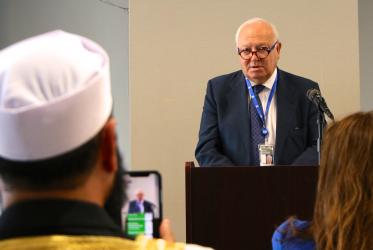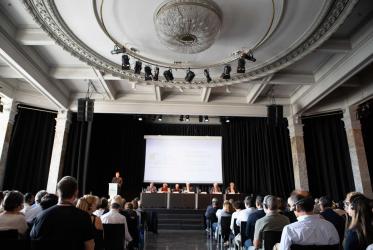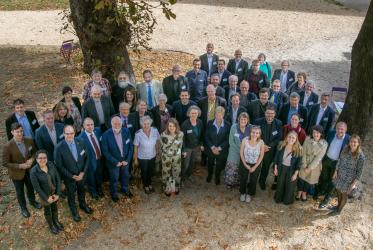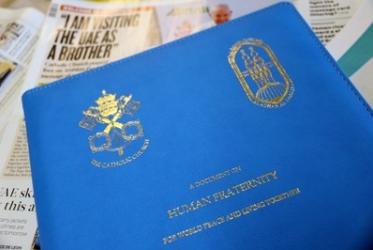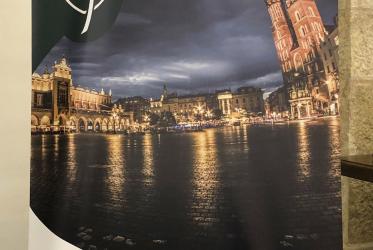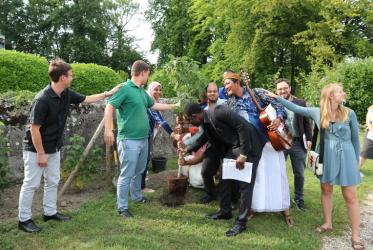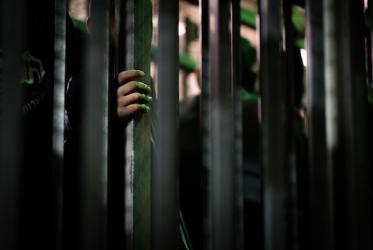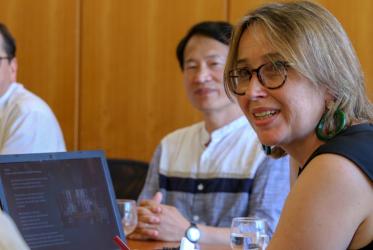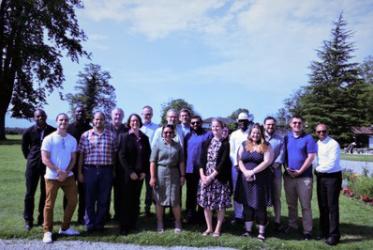Displaying 61 - 80 of 282
07 October 2019
Le COE bien représenté à la tête de «Religions pour la paix»
07 October 2019
Worshipping safely: UN, faith communities unite to prevent violence
20 September 2019
Dr Saïd Ailabouni: God is on the side of rejected, oppressed, occupied
12 September 2019
Religions for Peace calls for "shared well-being”
26 August 2019
Religions for Peace assembly convenes in Lindau
19 August 2019
Latest gun violence in US poses challenges for churches
05 August 2019
Bossey students explore the meaning of “belonging”
22 July 2019
Bossey gathers students for interreligious dialogue
02 July 2019



